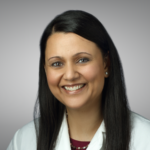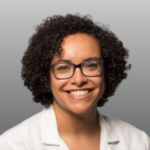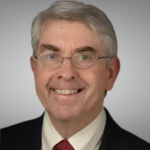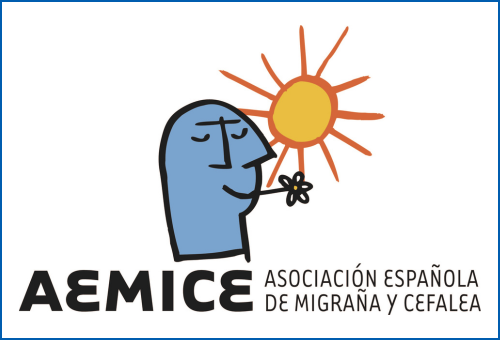Neurological Research Priorities
You are currently watching a preview of this interview. Unlock the full version by upgrading to an Access Pass bundle! Get FREE access to 8 expert interviews from Day 1 and Day 2 when you register today!
Key Questions
- ¿Cómo está trabajando el Instituto Nacional de Trastornos Neurológicos y Accidentes Cerebrovasculares (NINDS) para reducir la carga de las enfermedades neurológicas?
- ¿Qué circuitos en el cerebro funcionan incorrectamente durante un ataque de migraña?
- ¿Cómo está el NINDS volviéndose más centrado en el paciente en su investigación?
- ¿Qué pueden hacer los individuos y las organizaciones dirigidas por pacientes para asegurarse de que sean escuchados y participen?
- ¿Cómo prioriza el NINDS la financiación de la investigación para enfermedades individuales?
- ¿Cómo ha arrojado luz la Iniciativa BRAIN sobre la fisiopatología y los biomarcadores de la migraña?
- ¿Qué es la Iniciativa HEAL y qué esperanza puede ofrecer a las personas con migraña y trastornos de dolor de cabeza?
- ¿Hay esperanza para una cura para la migraña?
- ¿Cómo pueden los contribuyentes abogar por más fondos para la investigación de la migraña?
Interview Notes
- Walter J. Koroshetz, MD
- National Institute of Neurological Disorders and Stroke (NINDS)
- The BRAIN Initiative
- NIH HEAL Initiative
- C. Miller Fisher
- Article: “Entering a New Realm of Migraine Treatment, Research Priorities”
- Article: “Scientists Find New Pain-Suppression Center in the Brain”
- Interview: “Michael Oshinsky, AHS 2021: Migraine Research Update – NIH Roadmap”
- Podcast: “Understanding and Managing Migraine in Kids and Teens”
- X (Twitter): @NINDSdirector
Treatments Mentioned
- CGRP Inhibitors
- Nonaddictive pain medications
- Opioids
- Vagus (vagal) nerve stimulation
Please note: The Migraine World Summit’s aim is to bring you a variety of perspectives and expertise, independent of bias or judgment. Alternative theories presented in this video have not been medically reviewed. Views expressed in this interview do not necessarily represent the views of the Migraine World Summit. Please always consult your health care professional and do your own research before making changes to your treatment plan.
This is a Spanish translation of an expert interview from the Migraine World Summit 2024. All interviews have been carefully translated and medically reviewed.
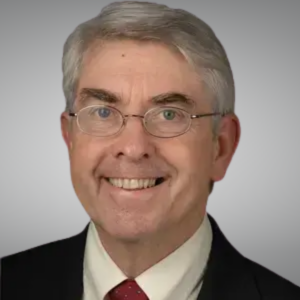
Walter Koroshetz, MD
Director
National Institute of Neurological Disorders and Stroke
Walter J. Koroshetz, M.D., has been the director of the National Institute of Neurological Disorders and Stroke (NINDS) since 2015. Dr. Koroshetz first joined NINDS in 2007 as deputy director and served as acting director from October 2014 through June 2015. As NINDS director, Dr. Koroshetz directs program planning and budgeting, and oversees the scientific and administrative functions of the Institute. He has held leadership roles in many National Institutes of Health (NIH) and NINDS programs, including the NIH’s Brain Research through Advancing Innovative Neurotechnologies (BRAIN) Initiative, the NIH Blueprint for Neuroscience Research, the Traumatic Brain Injury Center collaborative effort between the NIH Intramural Research Program and the Uniformed Services University, and the establishment of the NIH Office of Emergency Care Research. Additionally, Dr. Koroshetz is a member of the Interagency Pain Research Coordinating Committee (IPRCC) and the Executive Committee for the NIH Pain Consortium.
Before joining NINDS, Dr. Koroshetz served as vice chair of the neurology service and director of stroke and neurointensive care services at Massachusetts General Hospital (MGH), and was a professor of neurology at Harvard Medical School. Dr. Koroshetz graduated from Georgetown University and received his medical degree from the University of Chicago. He trained in internal medicine at the University of Chicago and MGH. A major focus of his clinical research career was to develop measures that reflect the underlying biology of patient conditions.
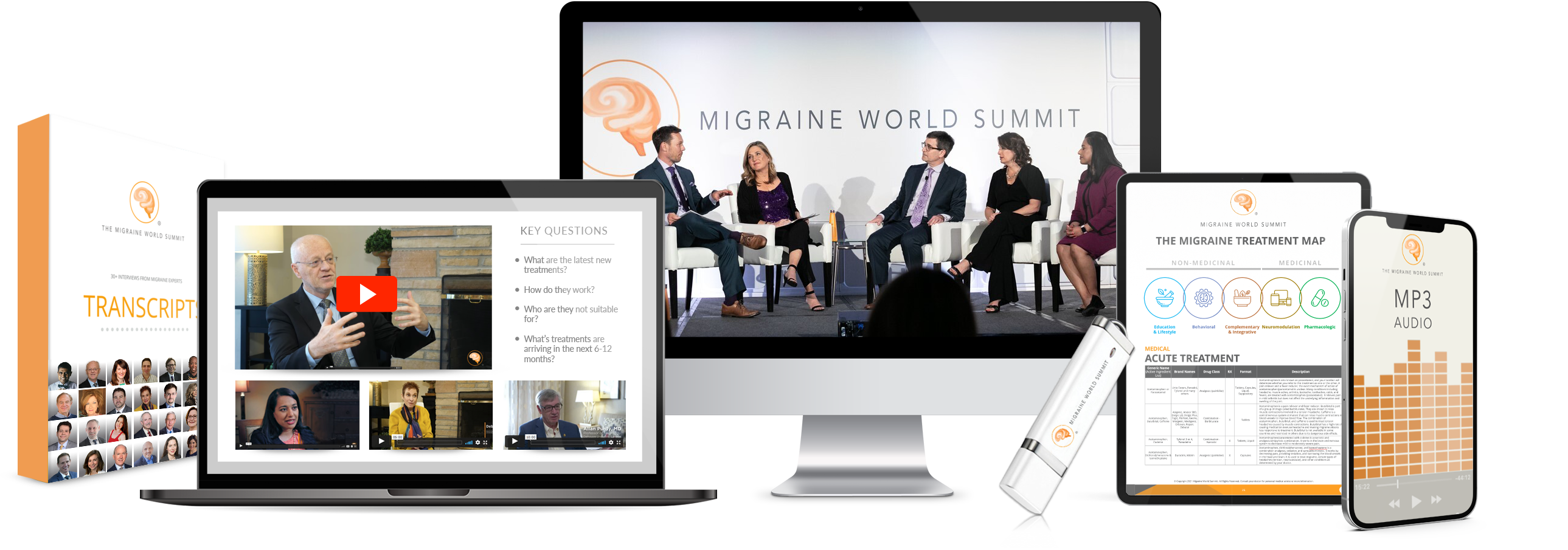
Purchase full access to the entire 2024 Summit. Includes:
- All expert interviews with separate audio (MP3) files & transcripts
- Lifetime on-demand access with no annual fee to 2024 Summit
- Interview Summaries
- Treatment Guidelines
- And much more!
Related Talks for: Day 1 (2024)
Controlling Chronic Migraine
Jessica Ailani, MD, FAHS, FAAN
Best Exercise Options for People With Migraine
Elizabeth (Betsy) Seng, PhD
Beginner’s Guide to Headache Types
Courtney Seebadri-White, MD
Como representantes de la voz de los pacientes con cefalea en España AEMICE representa y defiende los derechos sanitarios y sociales del colectivo ante organizaciones y administraciones públicas con el fin de garantizar una atención de calidad que facilite la mejor calidad de vida posible para quienes sufren esta enfermedad neurológica.

New in 2024! If you're light-sensitive or just want a more comfortable viewing experience on our site, the Summit is now available in Dark Mode! Just click the orange button in the lower left corner of your screen. Ahhh -- isn't that better?

